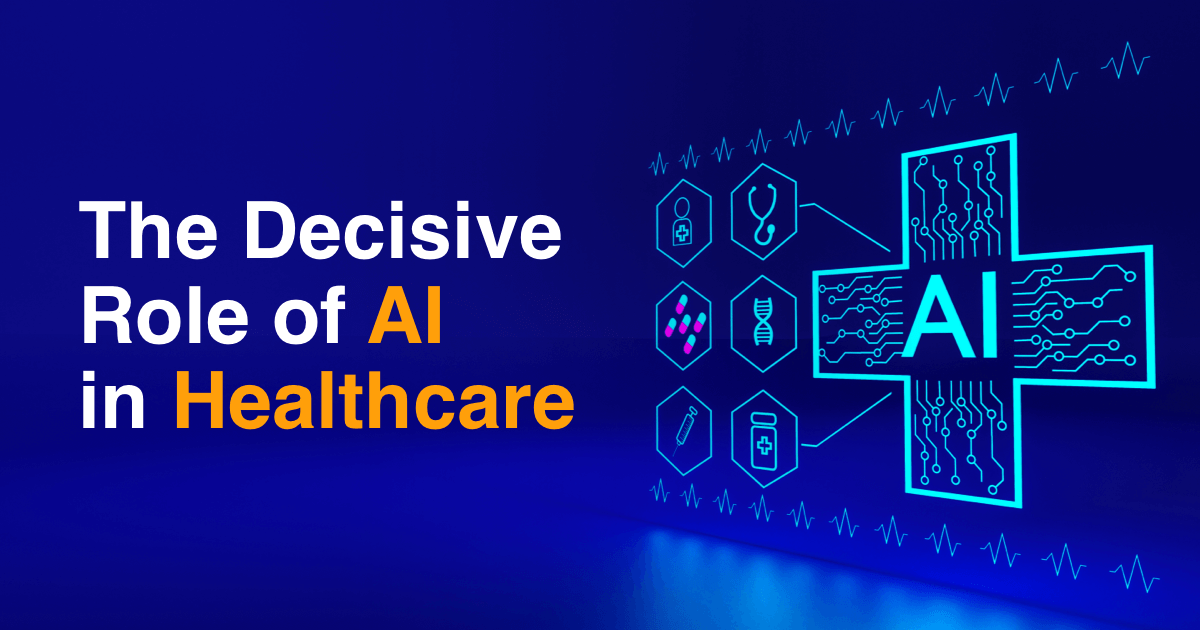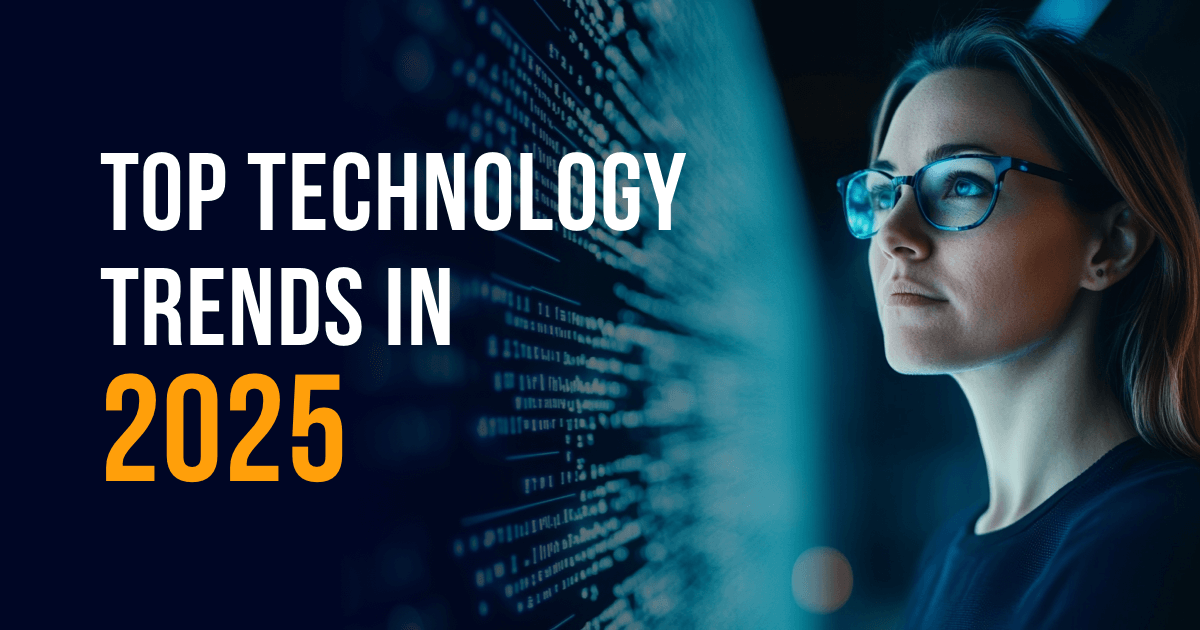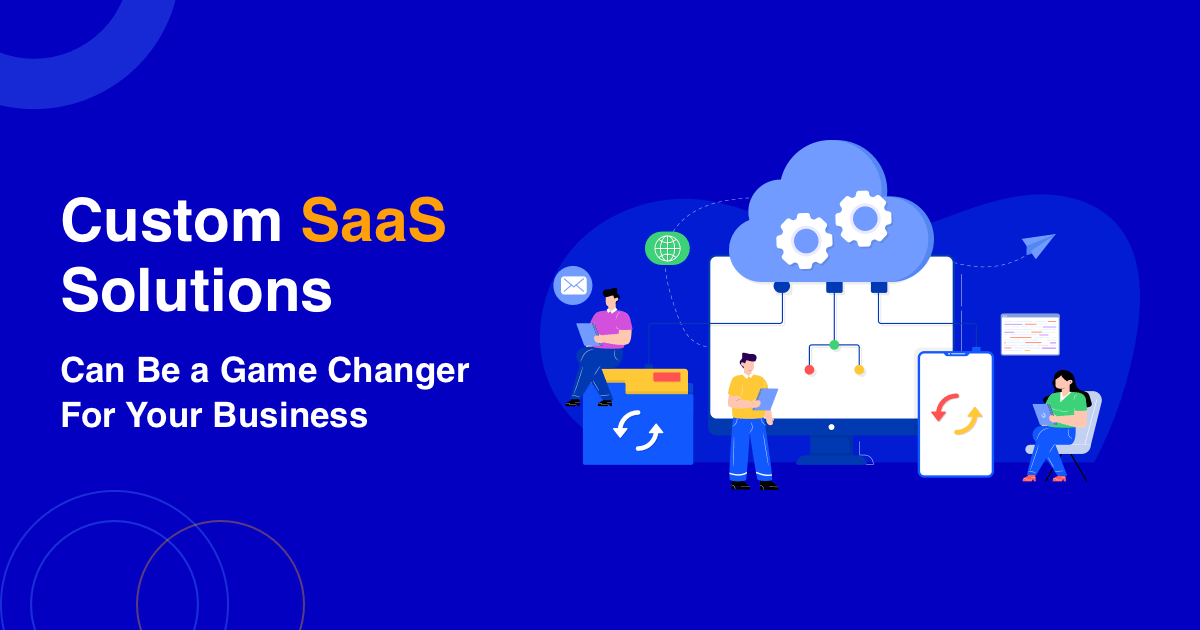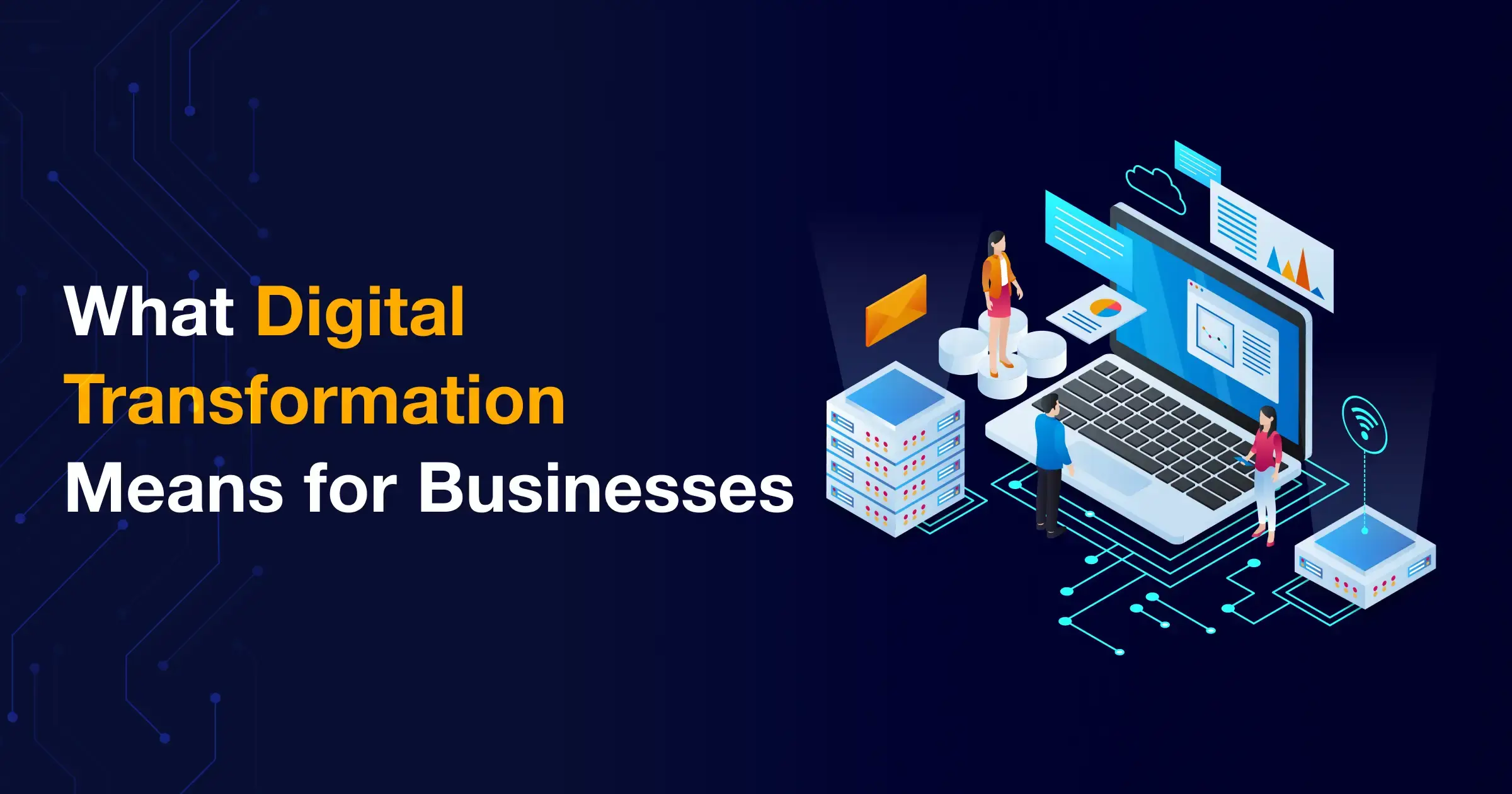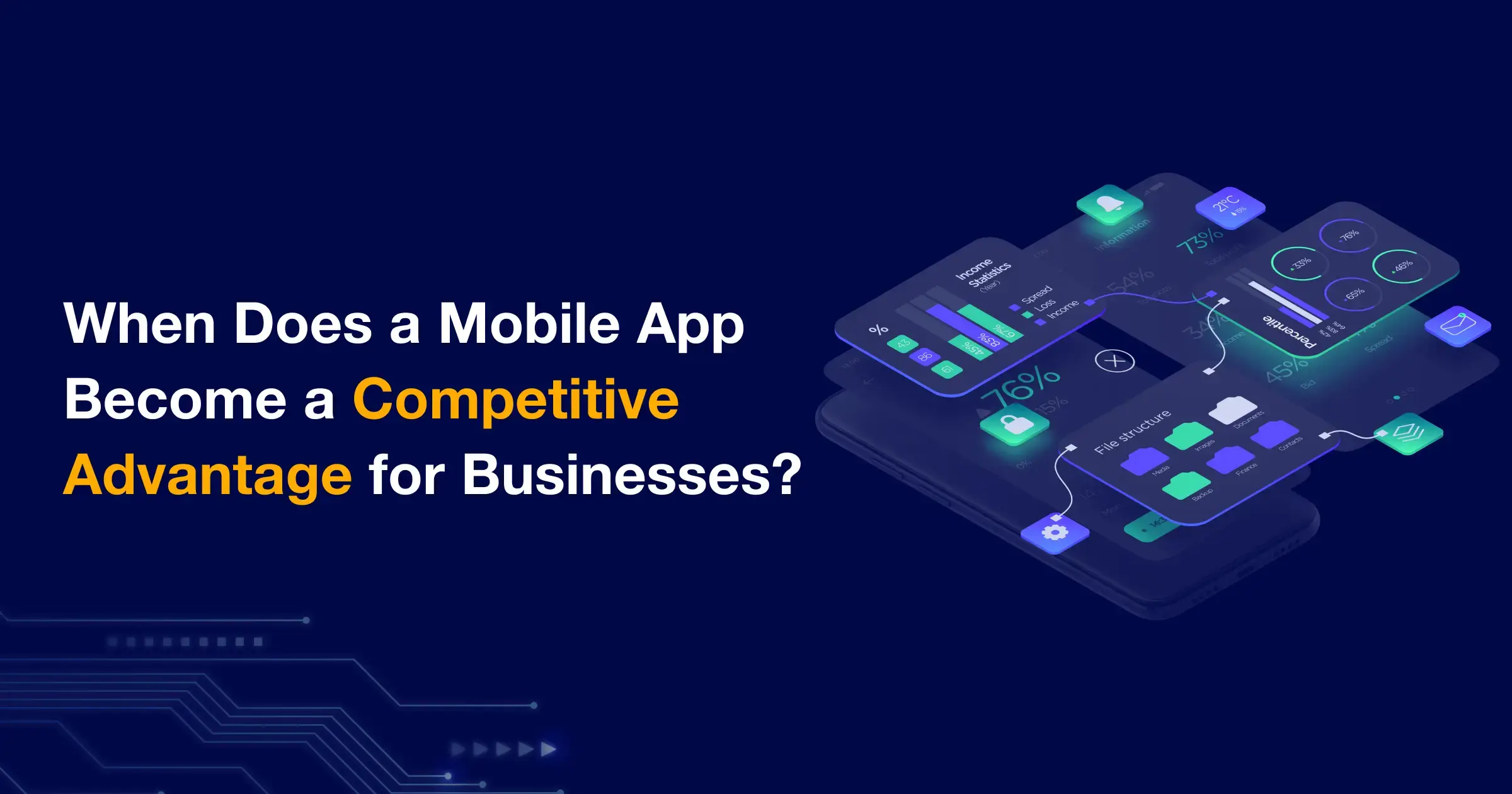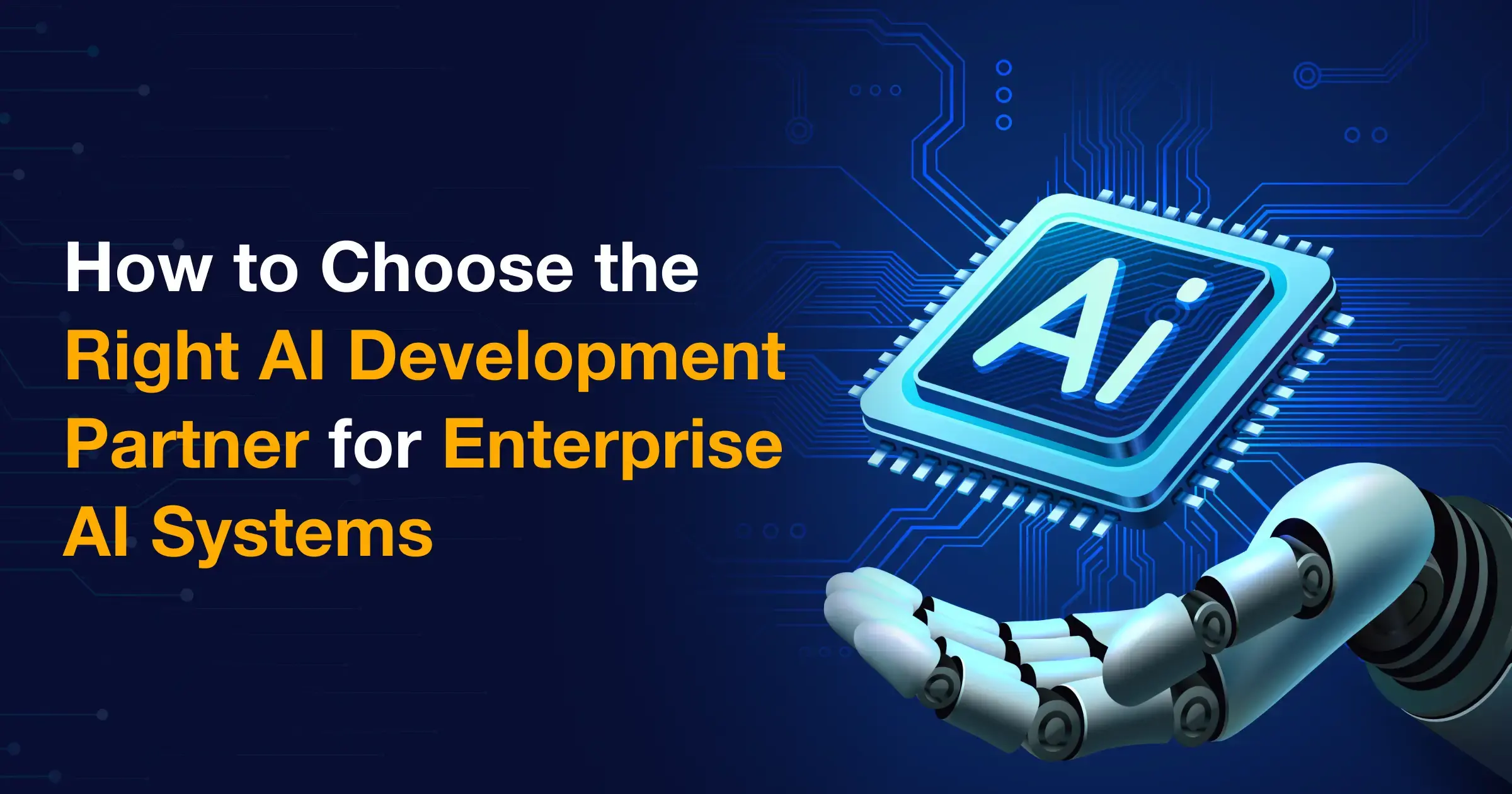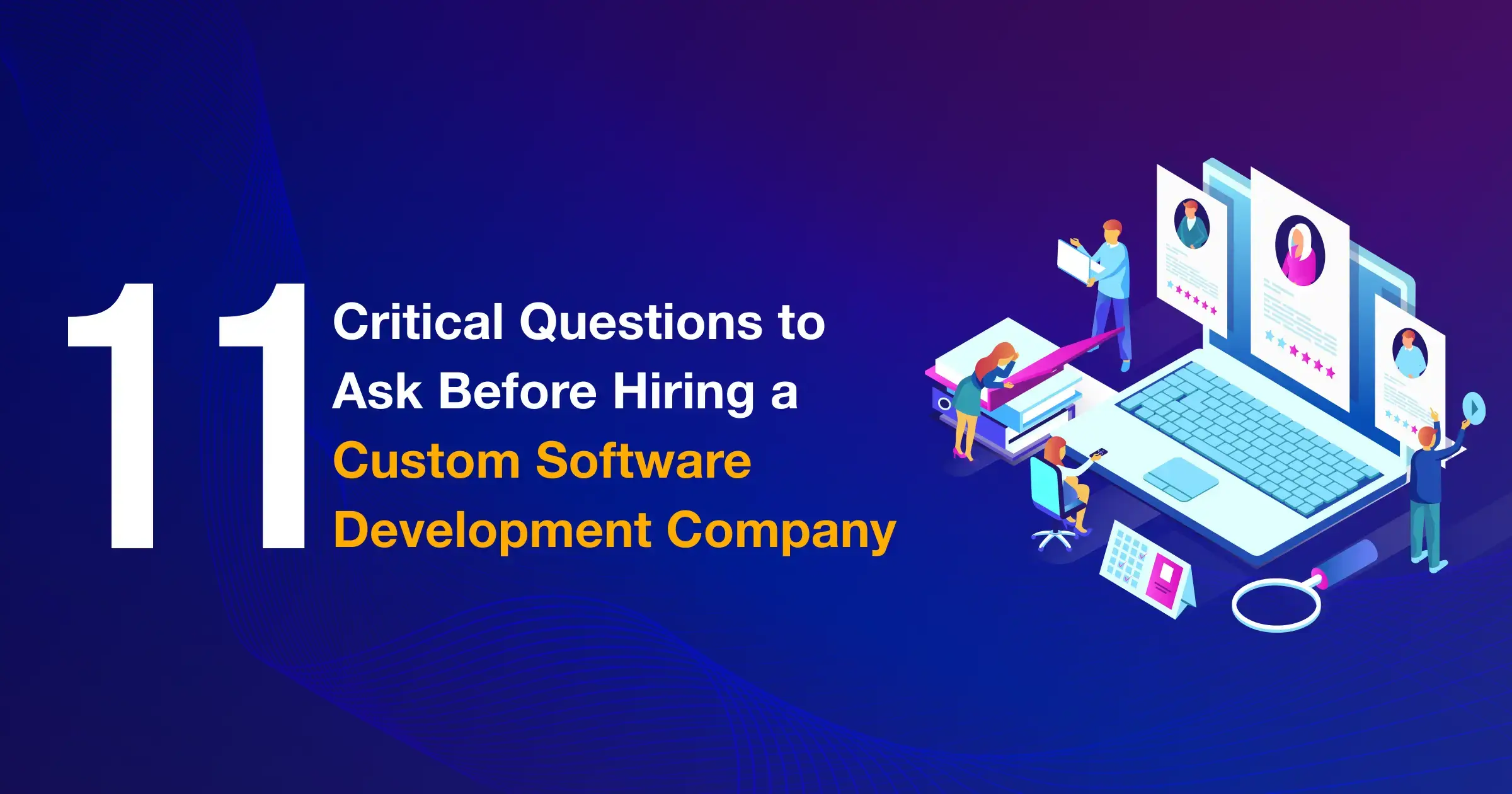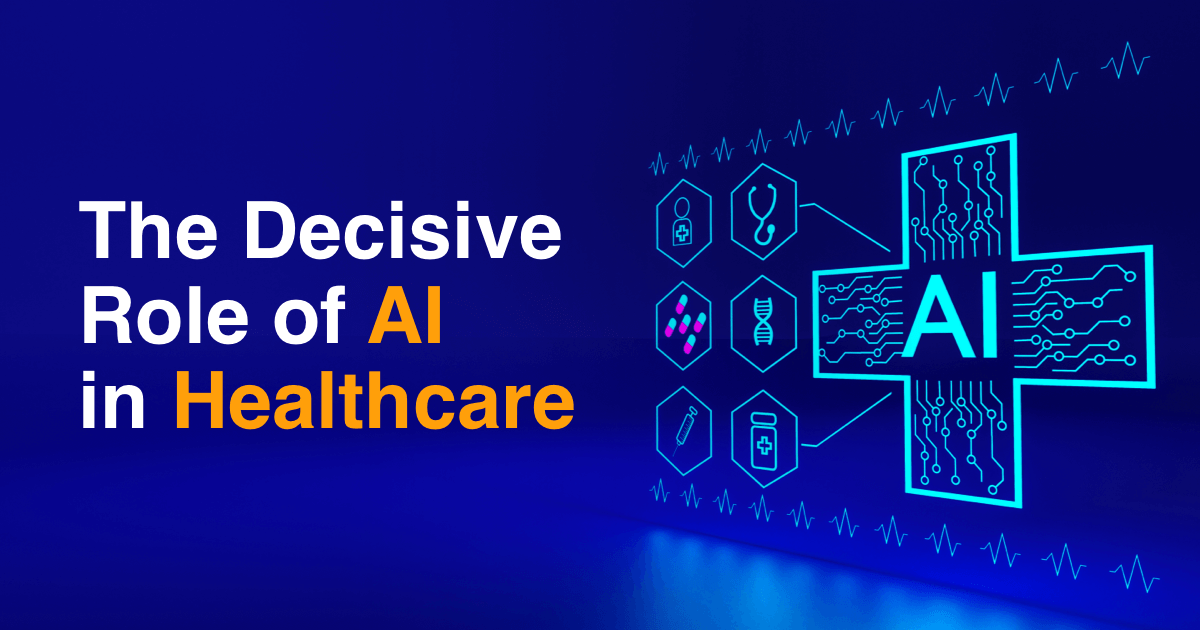
Artificial intelligence in healthcare makes lives of people simpler as it ushers healthcare industry into a new era of improved facilities. It redefines the way healthcare institutions operate, mainly altering the way doctors and patients connect and communicate. Many of the AI technologies such as natural language processing, machine learning, computer vision, and so on benefit healthcare industry on a whole, many of such technologies improve the overall quality of treatments given and help in improving preventive healthcare.
AI advantages in healthcare go beyond our surface-level understanding as advanced algorithms are used in some of the critical areas like genetics, bioinformatics, etc. AI in healthcare, as in any other field, relies primarily on large amounts of critical data, which gets processed and the results of predictive capabilities are increased.
What it means for the stakeholders and public? Well, AI enables doctors to easily connect with patients, even remotely, an improvement in preventive healthcare by eradicating or treating illnesses in the beginning stages, streamlining of hospital management, and many more.
To put it simply, AI is transforming all the known as well as unknown or less explored areas of healthcare domain.
Here are Some AI Use Cases in Healthcare
AI is applied in many areas of healthcare industry, which ranges from hospitals and healthcare centers to research laboratories and government institutions. To give you some basic understanding of how AI is used in healthcare, we have mentioned some important use cases.
Medical Diagnosis
AI’s important use case in healthcare industry is diagnosing diseases and other health conditions, for which many features and AI models can be useful. According to News Medical, nearly 80% of chronic health conditions could be prevented by adopting a healthy lifestyle, which is attributed to preventive healthcare.
Using AI, doctors are able to easily analyze health reports, including scans, X-rays, etc., with utmost accuracy, which identifies any anomalies in the reports. This facilitates doctors to start the treatment as early as possible as they can make well-informed decisions backed by data.
Additionally, hospitals may use generative AI by feeding patient’s health information as input, which analyzes data and provides solutions that may include best diet routine to follow, workout regime, and so on.
Many medical devices are now available that adopt AI, using which you can track health status. This, in turn, helps in getting early medical intervention, which helps treat health conditions swiftly and efficiently.
Drug Discovery
The time taken to discover new drugs using traditional methods is usually long, mainly because of the research time and trial and error involved with it. But the coming of artificial intelligence in healthcare speeds up the drug discovery process as its computing speed goes far beyond human levels. It helps drug discovery in different discovery and testing stages, and streamlines the overall process from research to bringing the drug to the market.
AI helps researchers to analyze vast amounts of biological data available, which identifies drug targets such as protein types that hinge on a disease. Using advanced algorithms, researchers are able to study the protein structures and carefully study how the chemical component may interact with it, which forms the base in effective discovery of effective drugs.
AI facilitates virtual screening of drugs, where it analyzes vast amounts of data about different compounds, using predictive analysis AI recommends compounds that are most likely to succeed, thus, significantly reducing time involved.
Doctor-Patient Coordination
AI is increasingly utilized by various software applications and tools, which enables healthcare professionals such as doctors and nurses to easily and effectively connect with patients. One important mention is Telemedicine, as AI’s role has huge impacts on how treatment and doctor consultation are provided.
Tele health consultation utilizes natural language processing to set up an effective communication channel with patients. It comes helpful especially after the outbreak of COVID-19 and the new norms following the pandemic.
AI chatbots are put to use for routine check-ups as with natural language processing, these chatbots communicate with patients on personal levels. It identifies patients’ text as well as sentiments behind it, which helps medical professionals automate tele health services.
Personalized Healthcare
AI’s ability to analyze immense volumes of data helps in providing personalized treatment and healthcare advices to patients. Artificial intelligence algorithms analyze daily health data such as blood pressure, heart rate, etc., and combine these data with the individual’s lifestyle practices. Based on this it provides personalized treatment plans specifically curated as per the individual’s needs.
Another crucial area where AI has profound impact is personalizing medical prescriptions as it generates prescriptions with utmost precision. Many reports state that many fatalities are reported annually, the numbers even go up to hundreds of thousands due to incorrect drug prescriptions.
However, with the adoption of AI, medical professionals can maintain accuracy as it analyzes patients’ medical histories and genetic data and recommends medications that suit them without causing adverse side effects.
Treatment and Surgery
AI is poised to make treatments and complex surgeries simple yet effective. It helps in all stages of surgical treatments, including preoperative as well as post-operative stages. With AI algorithms analyzing patient’s health conditions and medical history, it recommends feasible surgical treatments that include from the procedures to follow to medications to prescribe.
It comes highly helpful even during surgery, as one of its significant application is utilizing robotic equipments. These equipments come with custom software applications linked to advanced machine learning algorithms, which enables them to operate with utmost precision. They can be put to use in performing surgeries in highly critical areas such as brain and heart. Post treatment, AI assists patients through intelligent chatbots, which interact with them in clearing their doubts and suggest best routines to follow.
Hospital Management
Apart from treatments, AI helps in managing complex day-to-day operations of hospitals and clinics. With AI-powered tools such as robotic process automation and intelligent workflow management, you will have flexibility to streamline routine operations and even automate many of them.
Enterprise AI solutions are gaining importance in current times, which help from generating medical invoices to scheduling doctor appointments. It further optimizes health centers’ administrative operations which are otherwise labor-intensive. AI precisely predicts time taken for each treatment in a given hospital which facilitates the administrators to control the influx of patients and allotment of beds, which might otherwise cause havoc.
Furthermore, AI solutions help management to plan workforce as per the fluctuating demand and peak time hospital admissions as well as discharges. This enables management to better distribute its workforce like designating work hours of nurses during peak times, and even hire temporary staff if the demand surges. Moreover, AI data analysis helps predict the vital resources like oxygen cylinders, the unhindered supply of which is very important in case of emergencies.
Research
Medical research is a vast field and the application of AI here is a welcoming one as it reduces the time taken for complex researches. Its benefits are being ripened by almost all sub fields and pathology is one such field to mention given the time relevance. AI’s data analysis capabilities enable algorithms to examine data related to microorganisms, complex protein structures, and more, which enable researchers to come up with drug variants that precisely work.
Genetic research is another important field that is booming mainly due to the potential it has to unlock numerous healthcare possibilities. A combination of machine learning algorithms using data mining analyzes complex genetic data, the interpretations of which can be used in genome sequencing, which is a time consuming process. This gives us a clear understanding of the origin of various diseases and why a certain type of diseases affect certain types of populations, rare diseases, and many more.
Different AI Types in Healthcare
AI in general has numerous healthcare applications where it mimics and even surpasses human-level intelligence. Different types of artificial intelligence are used for different purposes in healthcare industry, some of notable AI types are:
- Generative AI: Trained on large datasets of texts of different human languages, generative AI helps in variety of scenarios, from drug discovery to summarizing complex medical documents.
- Machine Learning: ML algorithms train using different data sets, which are capable of performing complex tasks like analyzing data, interpreting data and many more.
- Deep Learning: Being a subset of ML, it takes data analysis to great extent where it analyzes data and even sentiments, and typically involves performing complex tasks by utilizing neural networks.
- Natural Language Processing: Also called NLP in short, it enables AI to comprehend human language, which helps in interpreting medical docs, notes, etc. Also helpful in medical research.
- Chatbots: AI chatbots automate communication between healthcare professionals and patients, as they assist beyond traditional levels by providing personalized medical advice and suggestions.
- Automation Agents: Based on requirements, healthcare institutions customize AI and use integrate it with tools which automate many of the routine tasks and take care of labor-intensive work.
- Computer Vision: Advanced algorithms enable AI to analyze visual data and interpret them. It helps in understanding medical images, which plays an important role in preventive healthcare.
Prevailing Key Challenges
Although AI starts transforming healthcare industry considerably, several challenges lie ahead, without addressing and overcoming them may slow down the pace at which the industry transforms.
Data Privacy
The increasing amounts of data pertaining to individual’s health and personal info make it challenging to manage them. As the whole concept of AI hinges on the idea of analyzing and interpreting data, including sensitive information, we are in a critical situation where we need to formulate ways for their safe handling. Already several countries have data handling regulations like HIPAA and GDPR, which require organizations that handle data to enforce certain data protection measures. And, regulations need to evolve as well as per the growing challenges.
Integration
AI implementation level is still low mainly because many hospitals and healthcare centers are facing issues with integration or reluctant in adopting AI. As a result, they still use systems that are not in line with the recent developments of AI. Another reason why many hospitals have not integrated their existing systems with AI is the concerns they have – that AI gives inaccurate results and whether it’s okay to rely on AI and the fear of job displacement of humans by AI. However, on the bright side, awareness generation campaigns clarify how AI can be implemented in hospitals safely.
Regulation
AI ecosystem is not a finite one, it’s still evolving, and this very nature of AI makes it difficult for government and regulatory bodies to govern it. They have hard time evaluating AI, which couples with ethical concerns especially in healthcare industry. Another aspect why regulation is challenging is because AI systems deal with sensitive health information, and there’s no crystal clear way regarding when to use such data and when it should be restricted. However, as policies are being drafted comprehensively, the future scope would be a promising one AI can well be regulated.
Pricing
As we know AI is all about utilizing data – in vast amounts. To train AI models on large datasets, one requires impressive computing capabilities and infrastructure for the same – it could be physical servers or cloud computing, which require significant investment. Moreover, one needs to integrate AI systems into their existing systems and maintain them periodically, which could further add financial strain. On the positive note, new developments happen on a regular basis, which would reduce the AI costs in a similar way how processor costs and storage costs have come down on a drastic scale.
Usability
Using AI on a day-to-day basis requires healthcare professionals to effectively handle systems and they should have a basic understanding of that. However, not all healthcare professionals may be well-versed in handling technology, which poses challenges in efficiently and properly using AI systems. This signals the need for proper training to all staff about how to use AI tools, best practices to follow while handling sensitive data, and so on.
AI Implementation Areas
Across healthcare industry, AI can be implemented in many areas from managing hospitals to assisting research as healthcare professionals as well as patients benefit from it. Some areas include:
- Diagnosis and medical imaging
- Personalized treatment and healthcare
- Performing critical surgeries using robots
- Discovering and developing new drugs
- Virtual or Tele health consultation
- Electronics Health Records management
- Providing mental healthcare
- Clinical decision support systems
- Disease management
- Hospital management and maintenance
- Wellness and lifestyle management
A Look Ahead
AI in healthcare gives assurance of bringing positive impacts to the entire healthcare industry and its stakeholders though there are some challenges along the way. It stands ready to refine the outcomes of patients in a broad spectrum, and also in effectively managing hospitals and healthcare centers. The level of advancements and technological breakthroughs in AI prompts brighter future as the challenges and concerns will be addressed effectively and in sync with the evolving AI trends.
AI holds potential to refine healthcare experience for all stakeholders, however, it may take some time for sophisticated AI models to become fully operational. Discrepancies in data, privacy of information, and non-uniformity of research results are few contributing factors for that, which needs to be addressed effectively to apply it for regular use. To sum up, AI in healthcare future looks promising, and with advancements in technology, the application of AI in different healthcare domains evolves over time, making healthcare safer and accessible to all.

